
AeroGenie — Uw intelligente copiloot.
Trending
Categories
Rolls-Royce to Supply Engines for Etihad Fleet Expansion
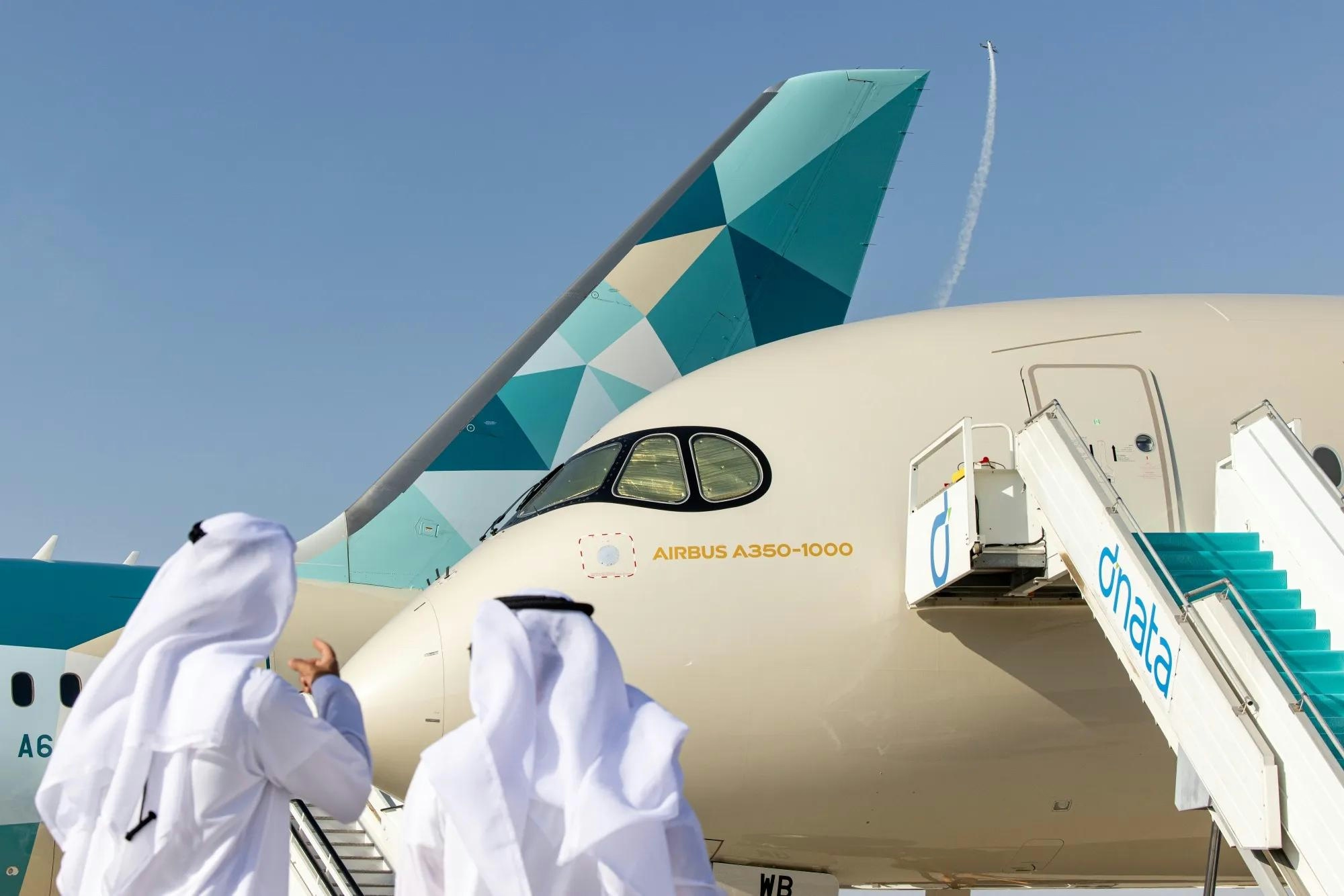
Rolls-Royce to Power Etihad Airways’ Fleet Expansion Amid Industry Shifts
Rolls-Royce has been selected to supply engines for Etihad Airways’ significant fleet expansion, announced at the Dubai Airshow. The Middle Eastern carrier plans to acquire 15 Airbus A330neo aircraft powered by the Trent 7000 engine, alongside seven Airbus A350-1000s and 10 Airbus A350F freighters, both equipped with the Trent XWB-97 engine. This deal reinforces Rolls-Royce’s pivotal role in supporting Etihad’s growth and the broader Middle Eastern aviation market.
Engine Performance and Technological Advancements
Rob Watson, President of Civil Aerospace at Rolls-Royce, highlighted the company’s commitment to its Middle Eastern customers, emphasizing ongoing investments aimed at enhancing engine durability and performance. Rolls-Royce is targeting a doubling of engine time on wing in Middle Eastern operating environments by 2028, reflecting the demanding conditions in the region.
The Trent 7000 engine, exclusive to the Airbus A330neo, has accumulated over three million flight hours since its introduction in late 2018. Rolls-Royce is investing £1 billion across its Trent engine family to improve durability by an average of 80%, with many upgrades expected by 2025. Recent enhancements to the Trent 7000 have already tripled its time on wing in some cases, with further improvements of up to 30% anticipated by 2026.
Similarly, the Trent XWB-97 engine, which powers the A350-1000 and A350F, has demonstrated strong reliability over seven years and more than three million engine flying hours. Two of three planned durability enhancement phases are currently in service, delivering a 60% increase in time on wing. The final phase, scheduled for 2028, aims to double time on wing in challenging environments and improve performance by 50% under less demanding conditions.
Industry Challenges and Future Prospects
Despite these advancements, Rolls-Royce faces significant challenges as the aviation industry accelerates its transition toward sustainable fuels and technologies. The adaptation of engines to accommodate alternative fuels such as methanol will require substantial engineering innovation. Market analysts are closely monitoring Rolls-Royce’s ability to fulfill its commitments to enhanced performance and sustainability, particularly as competitors advance their own engine technologies, including upgrades to the Trent 1000 engine’s XE standard.
Beyond civil aerospace, Rolls-Royce is expanding its footprint in nuclear technology through the development of small modular reactors. While this diversification presents new growth opportunities, it also introduces regulatory complexities and market acceptance challenges.
As Etihad’s fleet expansion highlights the ongoing demand for advanced and reliable engines in the Middle East, Rolls-Royce’s capacity to innovate and adapt will be crucial. Meeting customer expectations and maintaining a competitive edge in a rapidly evolving industry remain central to the company’s strategic priorities.

BluJay Aerospace Advances Indian Aviation
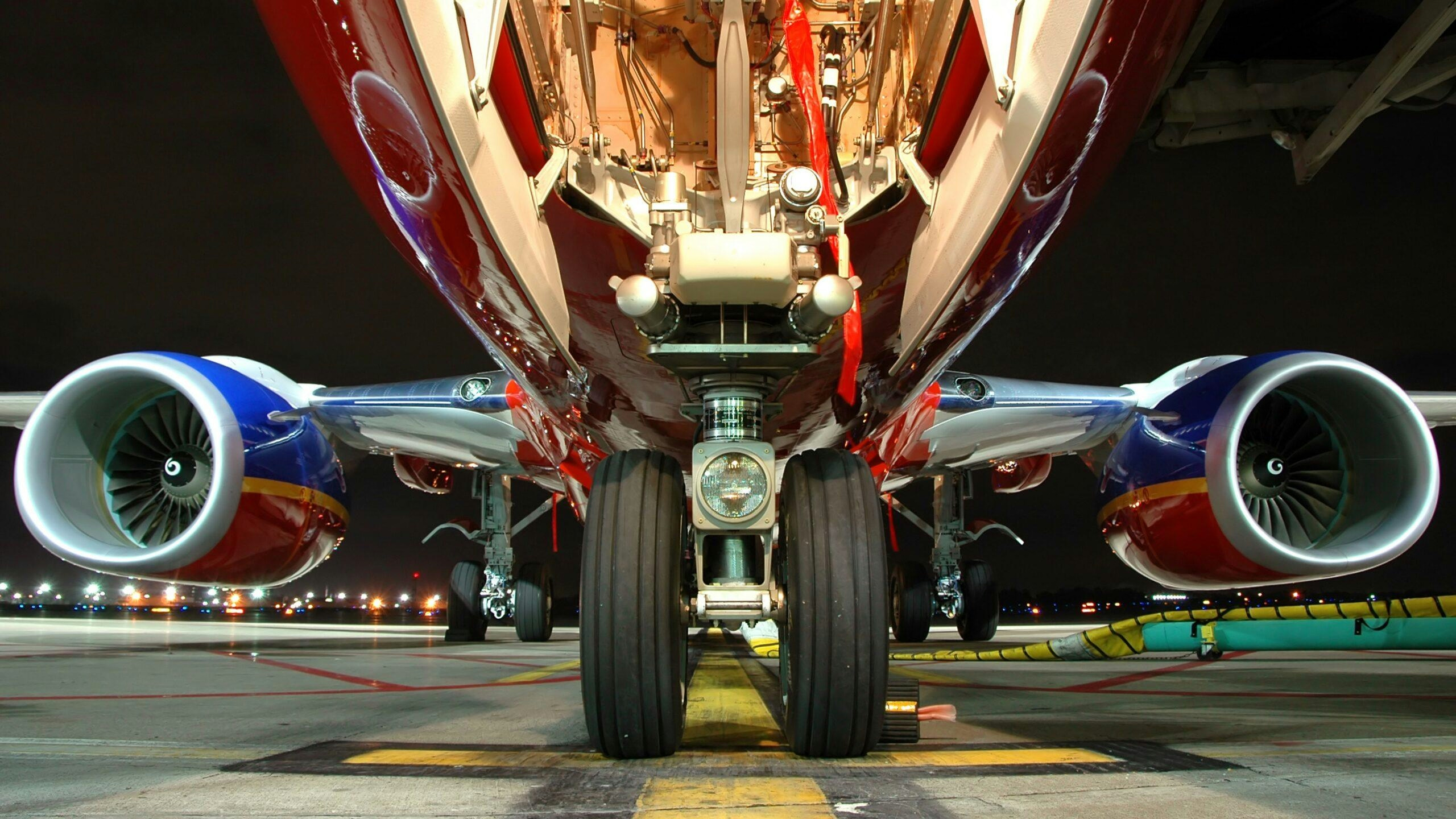
AxioAero Group Acquires Airway Aerospace
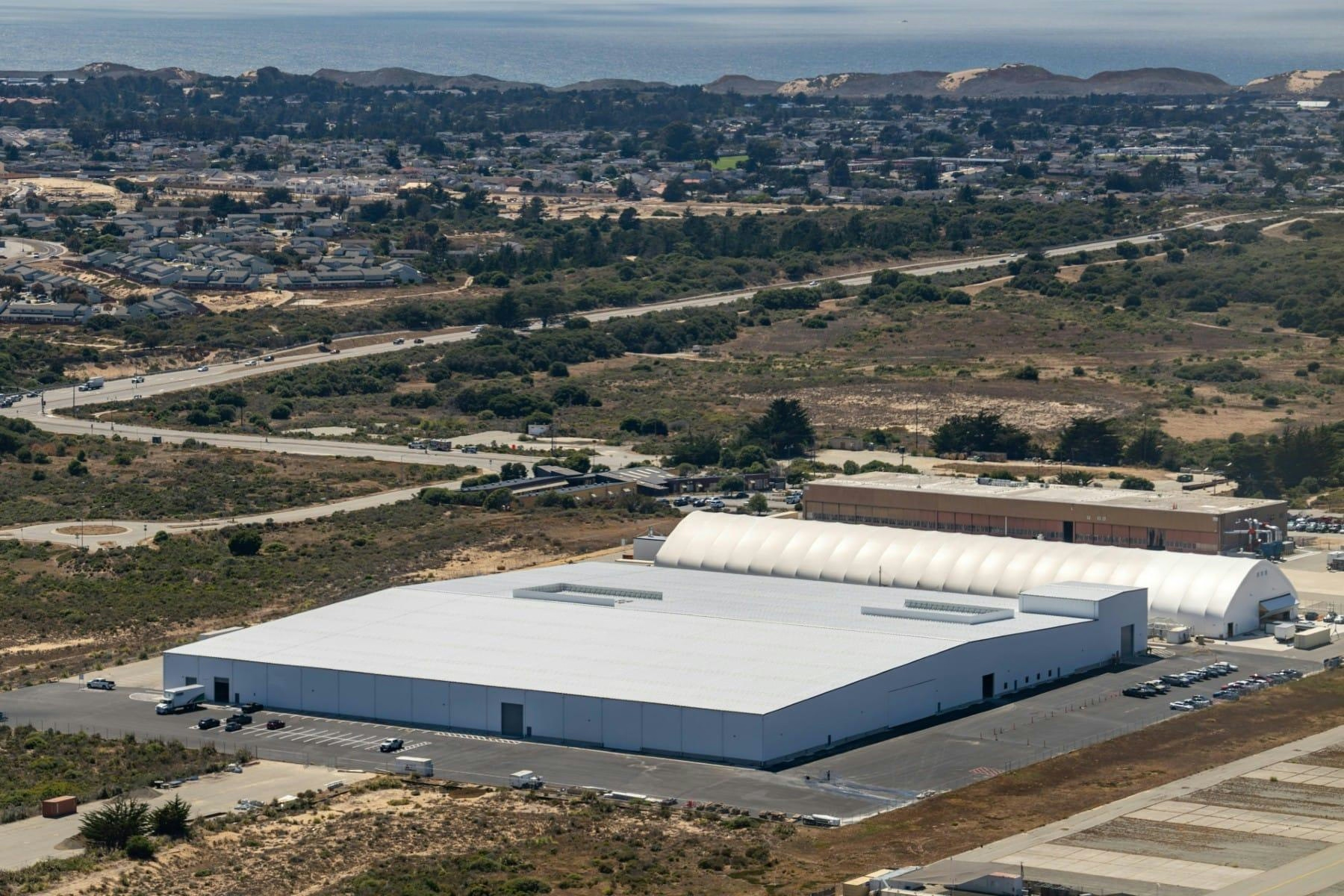
Joby to Train Up to 250 Pilots Annually with New Simulators in Marina
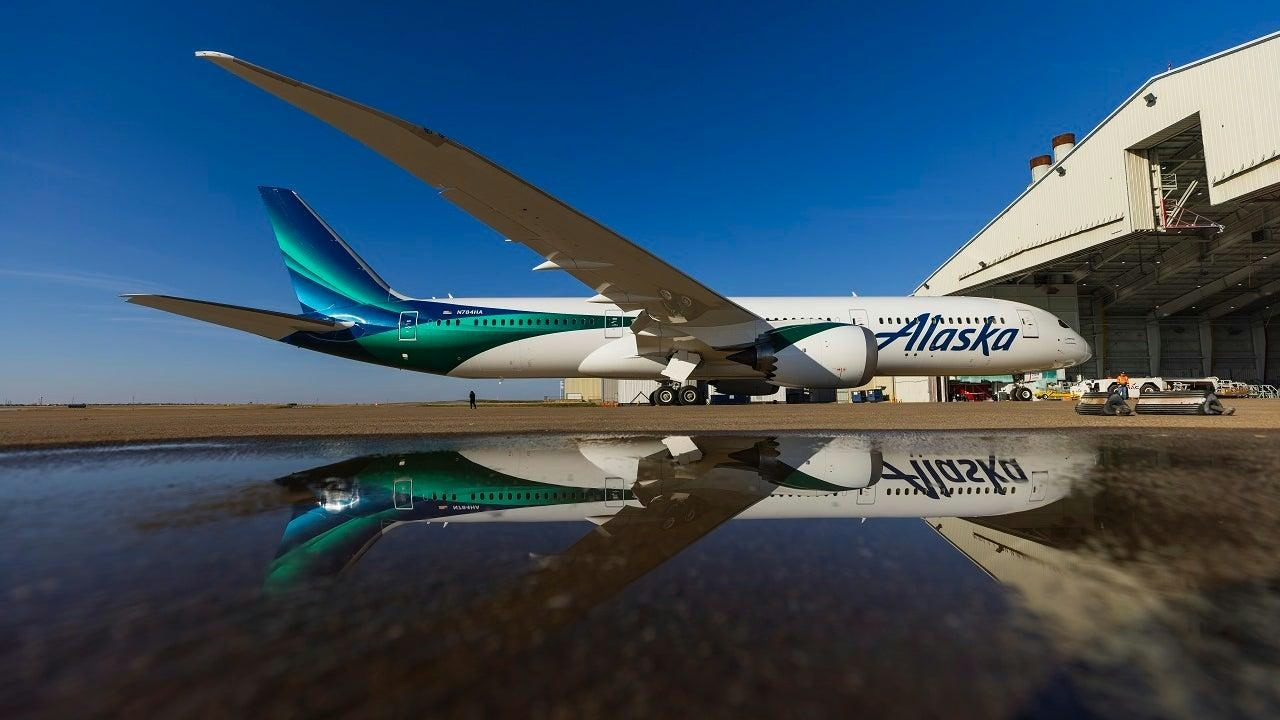
Boeing and Alaska Airlines Confirm Major Aircraft Order
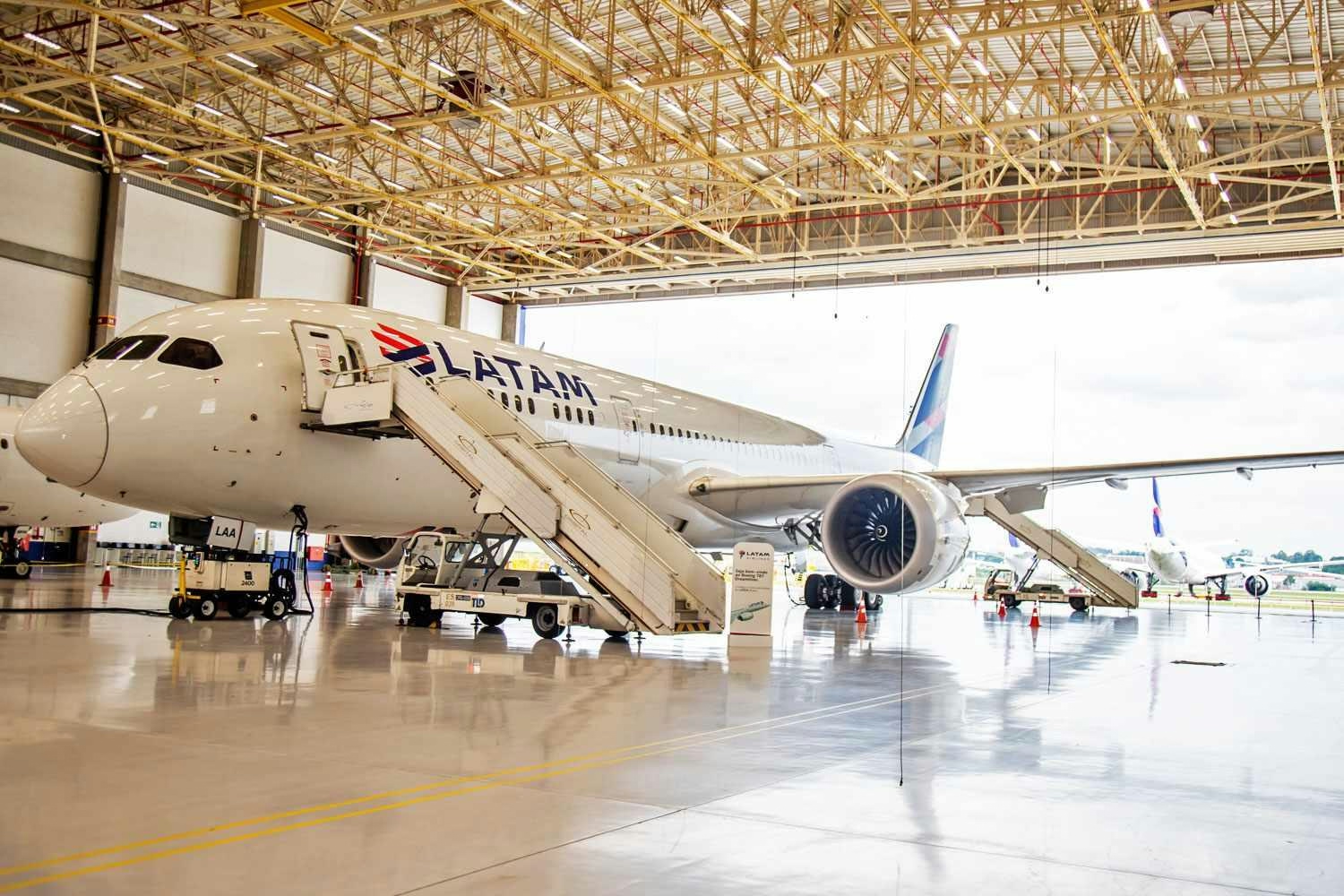
LATAM Receives First Boeing 787-9 Equipped with GEnx Engines
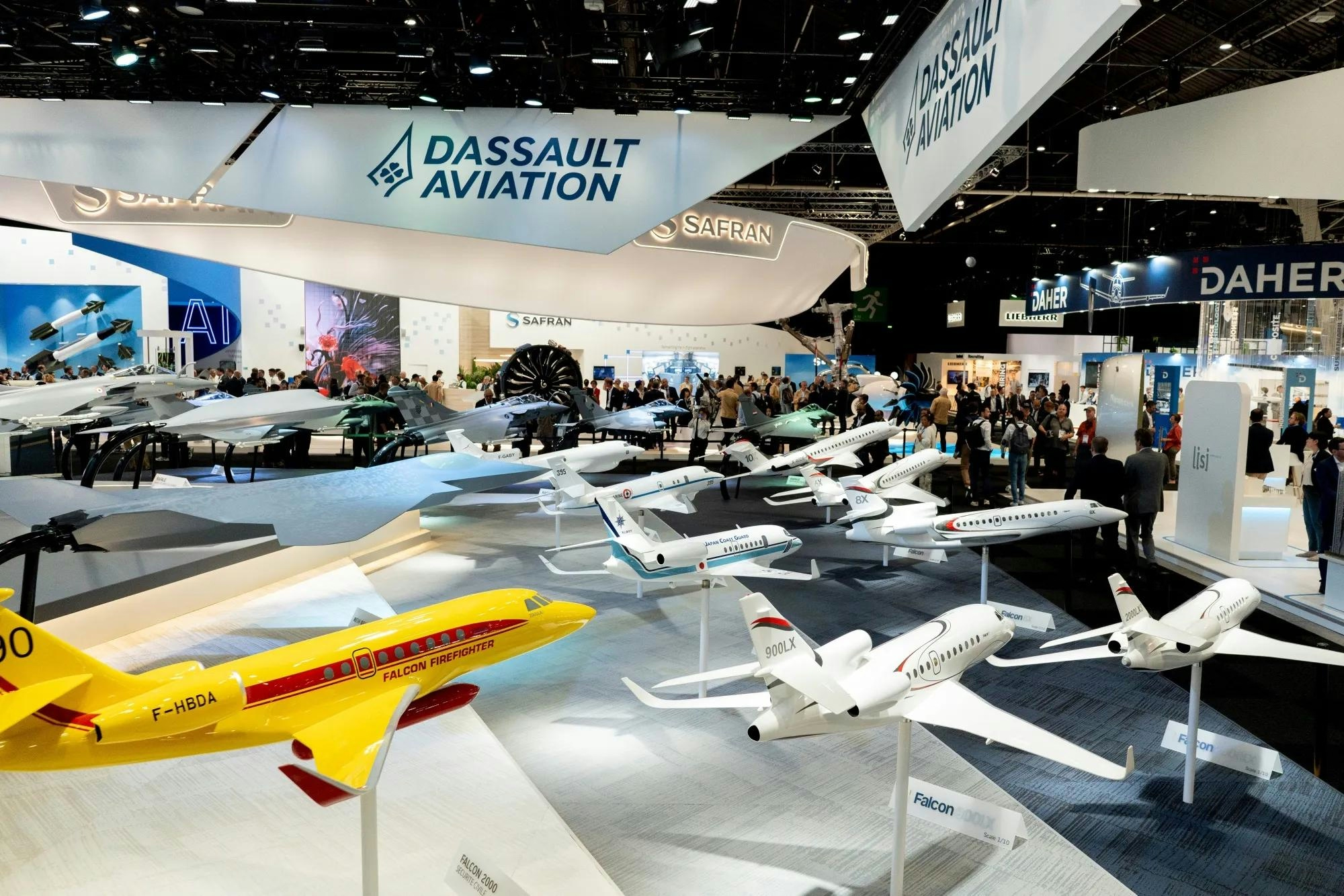
Dassault Aviation Reports Aircraft Deliveries, Orders, Backlog, and Sales Outlook
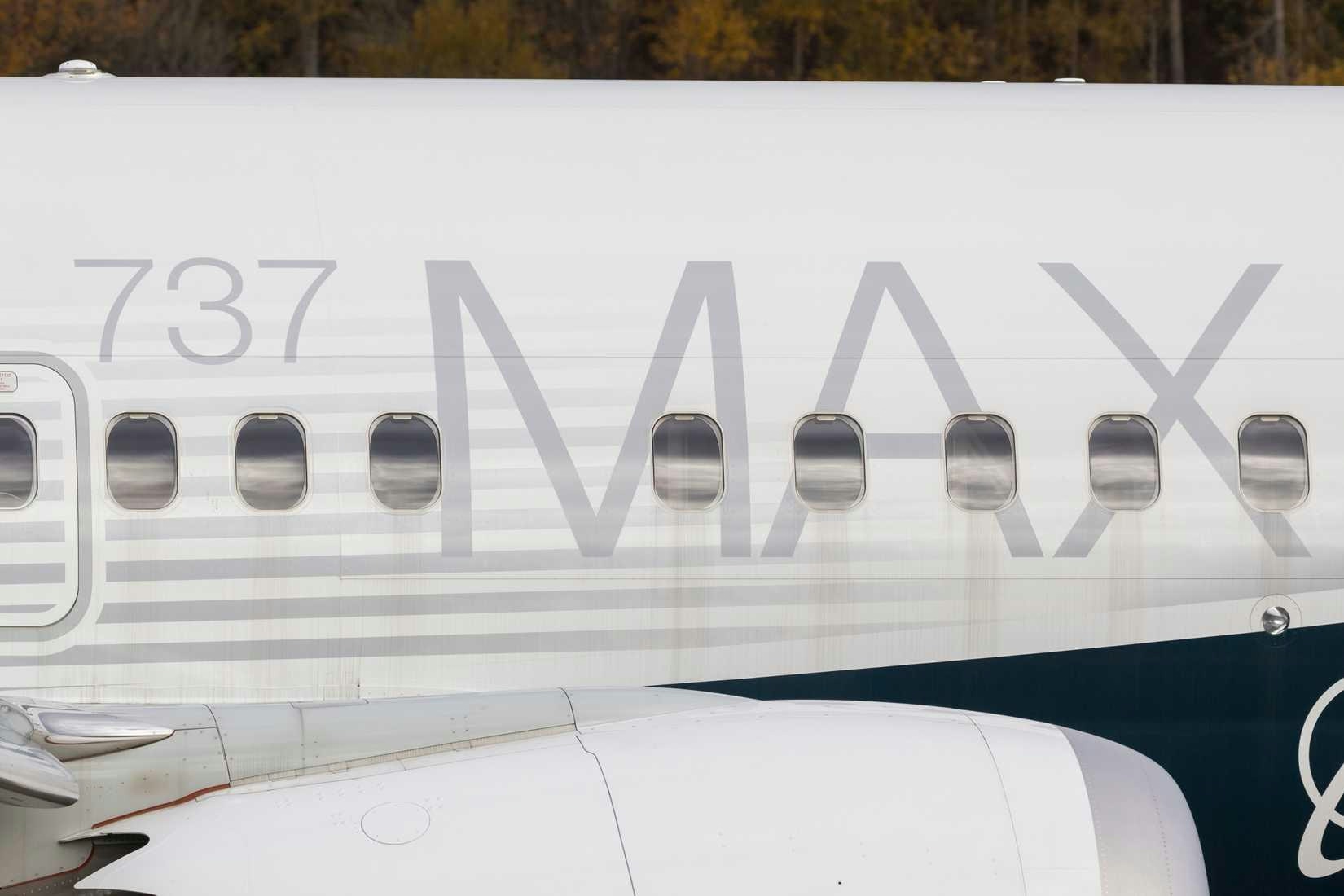
Alaska Airlines Orders 140 Boeing 737-10 and 5 Boeing 787-10 Jets
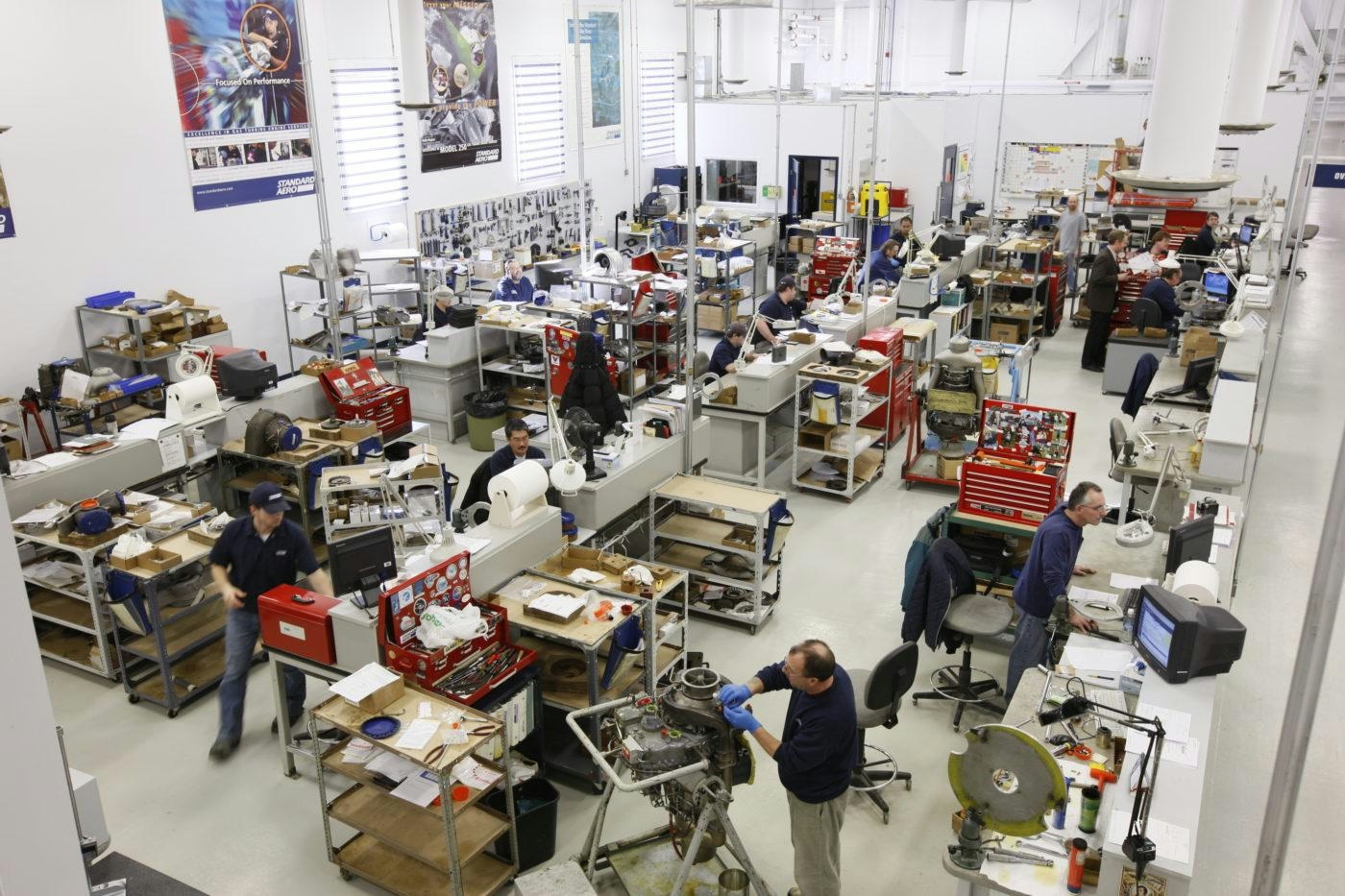
Dine Appointed Vice President of Sales at StandardAero
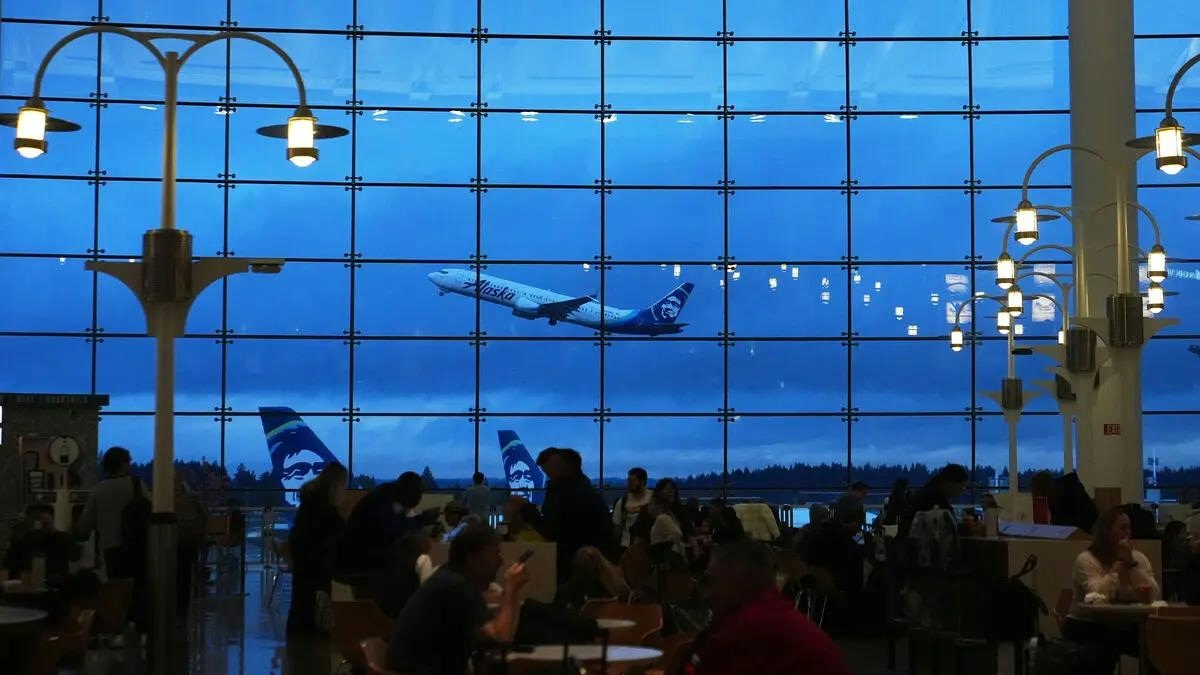
Boeing Shares Rise Following Alaska Airlines’ Record Aircraft Order
